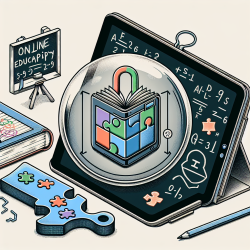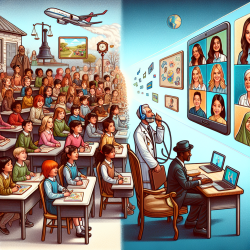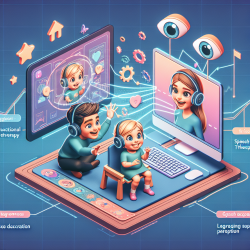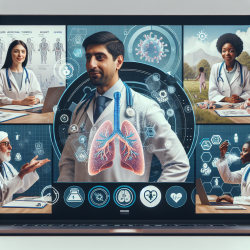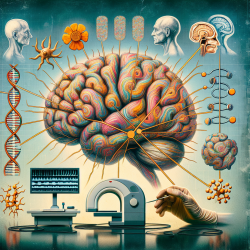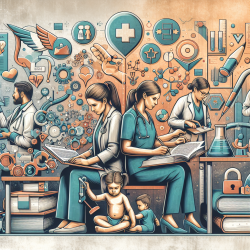Introduction
In the world of dentistry, achieving peak performance extends beyond technical and physical skills. A recent study titled Exploration of Mental Readiness for Enhancing Dentistry in an Inter-Professional Climate highlights the critical role of mental readiness in dental practice. This blog explores how practitioners can enhance their skills by embracing the study's findings and encourages further research in this area.
Understanding Mental Readiness
Mental readiness encompasses a range of psychological skills that are essential for optimal performance in high-pressure situations. The study identifies seven key elements of mental readiness: commitment, confidence, visualization, mental preparation, focus, distraction control, and evaluation and coping. These elements are not only crucial in dentistry but are also shared across other high-performance domains such as surgery and policing.
Applying Mental Readiness in Dentistry
Dentists face numerous challenges daily, from managing patient anxiety to performing complex procedures. By integrating mental readiness practices, dentists can improve their performance and patient outcomes. Here are some practical applications:
- Commitment: Set high standards and maintain a work-life balance to ensure sustained motivation and productivity.
- Confidence: Build self-confidence through practice and continuous education. Engage in study groups and seek mentorship to enhance skills.
- Visualization: Use imagery to mentally rehearse procedures and anticipate outcomes, similar to athletes preparing for competition.
- Mental Preparation: Develop pre-procedure rituals and anticipate potential complications to enhance readiness.
- Focus: Maintain concentration on tasks while ensuring patient comfort and trust.
- Distraction Control: Employ strategies to manage interruptions and maintain performance under pressure.
- Evaluation and Coping: Reflect on experiences to refine mental approaches and adapt to technological changes.
Encouraging Further Research
The study's findings highlight the need for a comprehensive understanding of mental readiness in dentistry. By conducting further research, practitioners can develop tailored training programs that incorporate mental readiness skills. This will not only enhance individual performance but also contribute to inter-professional collaboration and improved healthcare outcomes.
Conclusion
Mental readiness is a vital component of performance excellence in dentistry. By embracing the study's findings and integrating mental readiness practices, practitioners can enhance their skills and achieve better patient outcomes. For those interested in exploring this topic further, I encourage you to read the original research paper.
To read the original research paper, please follow this link: Exploration of Mental Readiness for Enhancing Dentistry in an Inter-Professional Climate.



